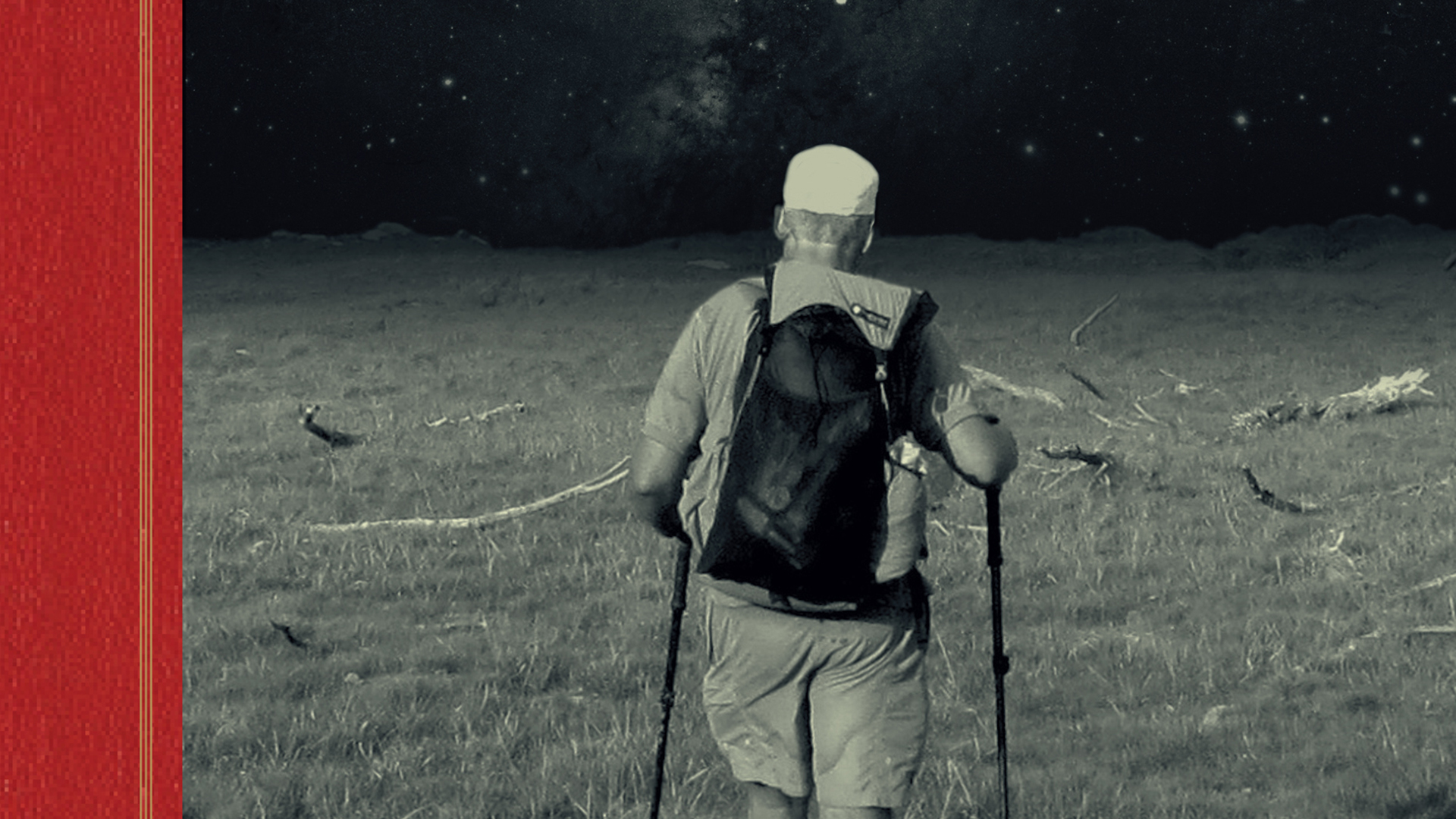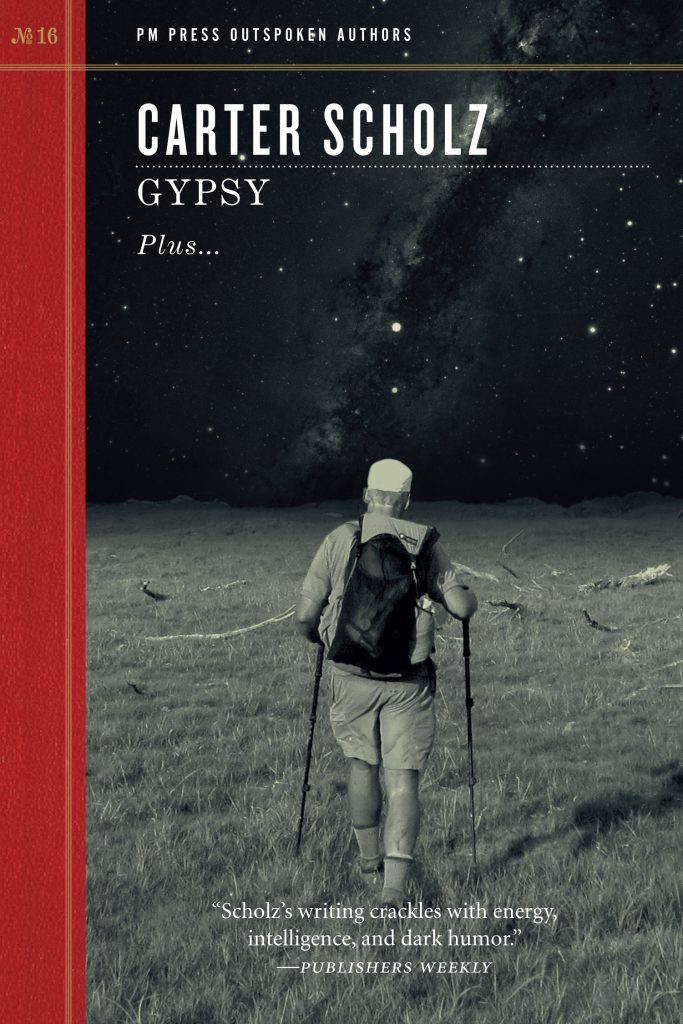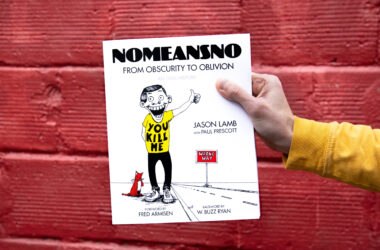Fantasty & Science Fiction
November 13th, 2015
– Tell us a bit about “Gypsy.”
The quintessential sf story, to me, is humanity’s first journey to the nearest star, Alpha Centauri. As a kid I was an astronomy nerd, visiting Hayden Planetarium in New York City every chance I got; and I still am, now building my own telescopes. So “Gypsy” goes back to, and continues, my deepest roots in sf: my teenage reading of so many canonical sf works, my fascination with the stars.
There’s a powerful element of romance and escapism in this story of exploration. It draws from the idea of the frontier, of discovering new lands to live in. But to compare interstellar travel to Earth exploration, or even solar system exploration, is a category error, I think. The huge distances and energies involved are very hard to comprehend. They make it a different kind of undertaking entirely. Still, the idea of Earth-like planets out there, since there are no others in our own solar system, is so compelling it’s hard to let go of.
I stayed well away from this story till now, because it had been done so many times, from van Vogt to Vinge. (I wanted to title it “Long Shot”; Vinge got there first.) But something in our present moment called me to this, and I couldn’t resist.
– What was the inspiration for this story, or what prompted you to write it?
Once I realized that, yes, I would have to write this, I decided to revisit this story in the light of the clear and present world crises we face — crises that sf has spoken of for decades, which are now upon us full force: climate change, resource depletion, economic austerity, oligarchic elites, ubiquitous surveillance, political intractability. There’s an endgame urgency about the fate of humanity in our air, and it’s no longer theoretical or extrapolative.
I wanted to examine how humanity might manage to make this voyage in a fractured world where no government would ever fund it, but where the technology might be available by other means, and the desire to do it powerful enough to make it happen.
Most of all I wanted to see what would happen if I let the physical requirements of the mission drive the story, rather than the other way round. No warp drives, no wormholes, no fortuitous inventions.
– Was “Gypsy” personal to you in any way? If so, how?
I was going through a traumatic life change as I wrote the story. There are no direct connections or allusions in the story, but my feelings of crisis and trauma drove the writing. It felt like a matter of my own survival to finish it. Let’s say I was deeply invested in the fate of my characters. Like them, I needed to escape the intolerable.
– What kind of research did you do for this story?
Extensive. I harvested everything I could find online about interstellar travel, and there’s a lot. I selected technologies that seemed plausibly near to hand — as Roger says in the story, “off the shelf.” Sure, things like my fusion engine don’t really exist, but I took that engine from published academic papers by a research group at Penn State University, and I respected their parameters. I drew my basic hibernator design from ongoing research. I got the numbers for my magsail from a published paper. Where I had numbers, for things like the magsail, the thrust of the fusion engine, the amount of fuel it would require, for things like the orbital elements of the two Alpha C stars, I played fair with them.
I wanted everything to be physically and astronomically accurate. I ran spreadsheets and simulations, and they largely determined the course of the story. For instance, when Gypsy enters the Alpha C system, its trajectory and the positions of the two stars are accurate, verified as best as I could by a software gravity simulator. (A video of the simulation is shallowly buried at www.gypsyweb.net. Click around.)
Of course I made many authorial choices along the way, but I was guided by what seemed to be most likely, given the realities. So the ending is, I think, earned.
– What would you want a reader to take away from “Gypsy?”
That interstellar travel is really, really hard. That even the nearest star to us is an unimaginable distance away, that the time and energy requirements are prohibitive, that everything about it is a huge stretch. It’s probably impossible for humans. And when our telescopes do find an Earth-like exoplanet (and they will), it will be much, much further away. Unreachably so, for all our yearning. Earth is our place, the place we evolved from and for — for better or worse, till death do us part.
This is not to say that we should stop exploring space, even interstellar space. Our Voyager probes are already out that far. Robot exploration of our solar system has been incredibly exciting, and we’re learning deeply important things. We should fund much more of it.
But critical threats to our existence on Earth must be faced here and now. Space is not an escape, as scientists know very well; it’s a harsh reality we need to understand on its terms, not ours. Our planet’s crises are also harsh realities, with their own messy terms, the political and the physical intertwined. We can’t rightly reckon the political, but we can and must reckon the physical. Because physics always prevails.
– What are you working on now?
A few short stories and a novel, not sf, about 9/11.
– Anything else you’d like to add?
I realized about halfway through writing “Gypsy” that Roger Fry is a classic Theodore Sturgeon mad scientist. I didn’t intend that, but Ted was one of my instructors at Clarion long ago, so here’s a shout out to his spirit, much missed.
“Gypsy” appears in the November/December 2015 issue of F&SF. You can purchase it here: https://www.sfsite.com/fsf/toc1511.htm







